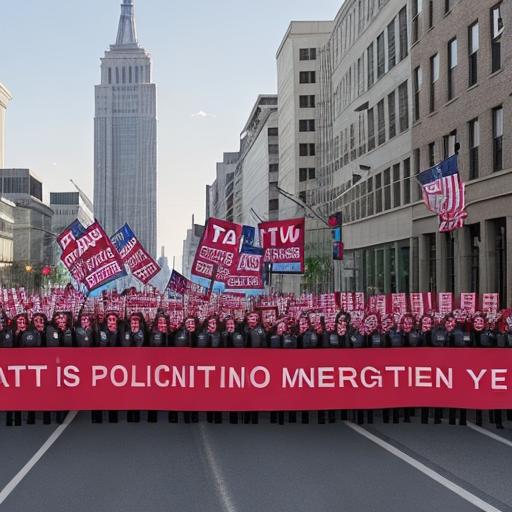Introduction:
Political campaigns are complex undertakings that require meticulous planning, strategic thinking, and effective execution. At the heart of a successful political campaign lies proficient campaign management. In this blog post, we delve into the intricacies of political campaign management, examining its core components and the pivotal role it plays in shaping electoral outcomes.
- Defining Political Campaign Management:
Political campaign management is the organized and strategic orchestration of activities designed to promote a candidate, party, or cause during an election. It encompasses a wide range of tasks, from developing campaign strategies to coordinating outreach efforts and managing resources effectively. - Key Components of Political Campaign Management:
- Strategic Planning: Successful campaigns begin with a well-defined strategy. Campaign managers work with candidates to set goals, identify target demographics, and establish a roadmap for achieving success.
- Communication and Messaging: Crafting a compelling narrative is crucial in connecting with voters. Campaign managers oversee the development of key messages, ensuring consistency across various communication channels.
- Fundraising: Financial resources are the lifeblood of political campaigns. Campaign managers are responsible for devising fundraising strategies, organizing events, and managing financial resources to support the campaign’s objectives.
- Public Relations and Media Outreach: Managing the campaign’s public image is paramount. Campaign managers coordinate media outreach, press releases, and interviews to garner positive coverage and respond effectively to potential challenges.
- Volunteer and Staff Management: Building a dedicated team is essential. Campaign managers recruit, train, and manage volunteers and staff to execute campaign activities efficiently.
- Utilizing Technology in Campaign Management:
- Data Analytics: Campaigns leverage data analytics to identify key demographics, track voter sentiment, and refine strategies for targeted outreach.
- Digital Marketing: Social media, email campaigns, and online advertising play a crucial role in modern campaign management. Campaigns utilize digital platforms to connect with voters and disseminate their message effectively.
- Adapting to Changing Dynamics:
- Crisis Management: Political landscapes are dynamic and often unpredictable. Campaign managers must be adept at crisis management, responding swiftly and effectively to unforeseen challenges to protect the campaign’s integrity.
- Flexibility and Innovation: Successful campaign management requires adaptability. Campaign teams must be open to innovative approaches and quick to adjust strategies based on evolving circumstances.
- Ethical Considerations in Campaign Management:
- Integrity and Transparency: Upholding ethical standards is crucial for maintaining public trust. Campaign managers must ensure that all activities align with ethical guidelines, promoting transparency and integrity throughout the campaign.
Conclusion:
Political campaign management is a multifaceted discipline that demands a comprehensive understanding of political landscapes, effective communication, strategic planning, and the adept use of technology. Aspiring campaign managers and political enthusiasts alike can benefit from a deeper understanding of the pivotal role campaign management plays in shaping the democratic process and influencing electoral outcomes.

